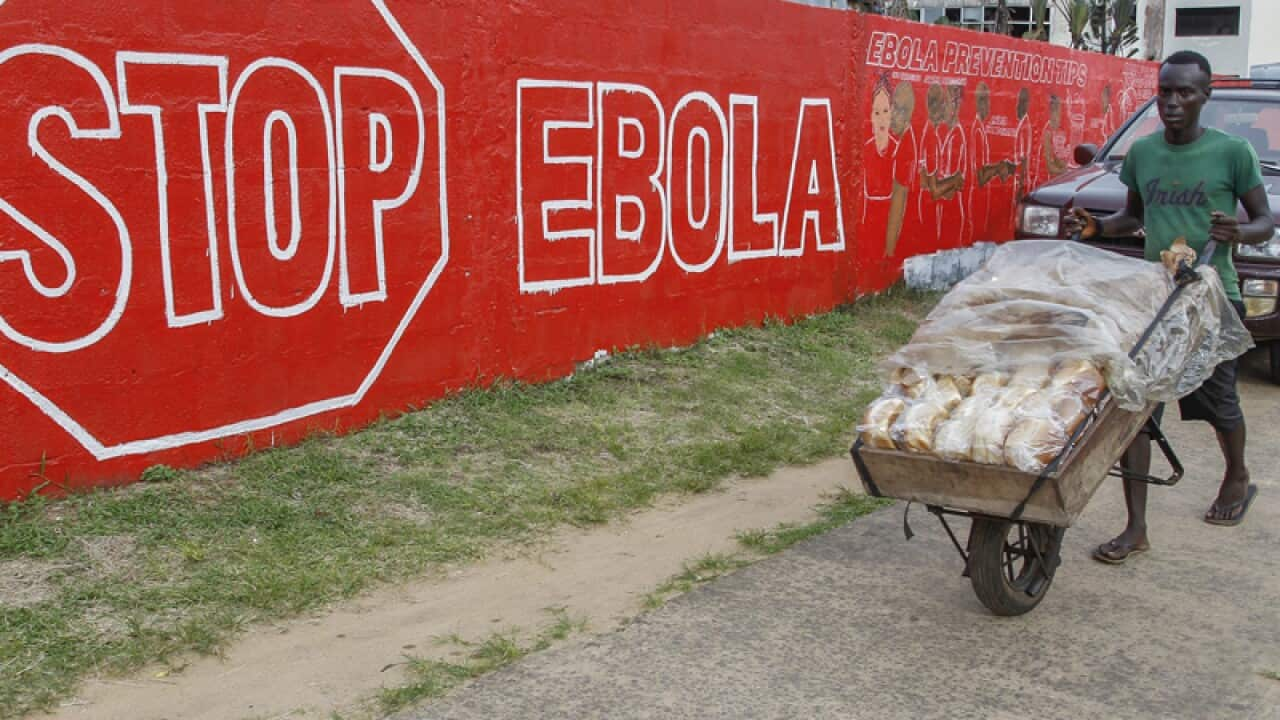Coercive measures to stem the deadly Ebola epidemic in West Africa, such as confining people to their homes, could backfire badly, experts say.
The Sierra Leone government has told the entire population of six million to stay at home, except for essential business, for 72 hours from Friday.
The plan, unveiled on September 10, aims to break the chain of transmission.
It will ostensibly see 20,000 volunteers going door-to-door to remove bodies from homes, and bringing people who are ill to treatment facilities.
Isolation centres, including schools equipped with beds, will be set up, according to the Ebola Emergency Operation Centre in Freetown, the capital. It expects a rise of five to 20 per cent in detected cases from the operation.
But experts said the ambitious scheme, planned by one of the world's poorest countries, would be extremely hard to implement effectively - and if handled badly could only make things worse.
Jean-Herve Bradol, a former MSF director and emergency physician with experience of working in Africa, said the goal "seems highly unrealistic".
"The country doesn't have the capacity to visit every household in just three days," he said.
"And many people would find it hard not to go out for three days" to fetch water or food.
"It will be extremely difficult for health workers to accurately identify cases through door-to-door screening, as this requires a certain level of expertise," added French medical NGO Medecins Sans Frontieres (MSF, Doctors Without Borders).
"But critically, even when potential patients are identified, there will not be enough Ebola management centres to care for them. Without a place to take suspected cases - to screen and treat them - the approach cannot work."
MSF warned that lockdowns and quarantines may end up driving people underground "and jeopardise the trust between people and health providers".
"This leads to the concealment of potential cases and ends up spreading the disease further," it said in a statement.
Share

